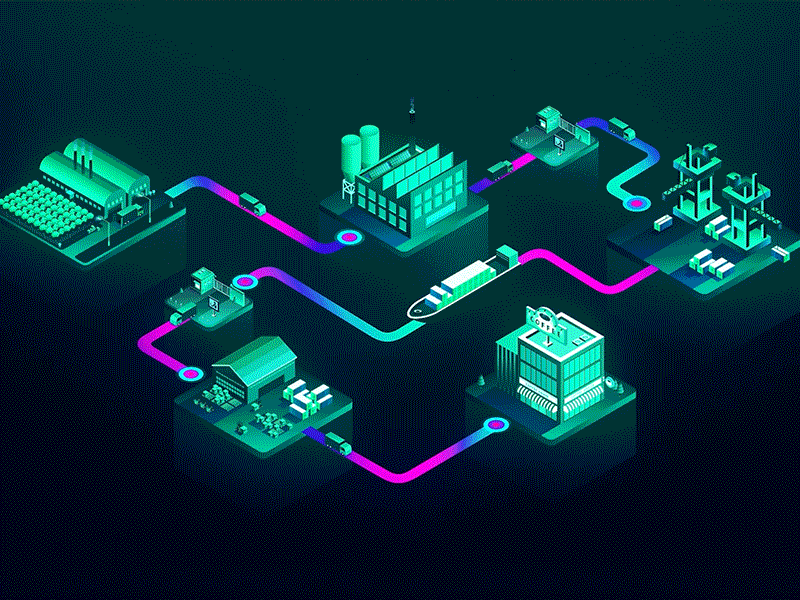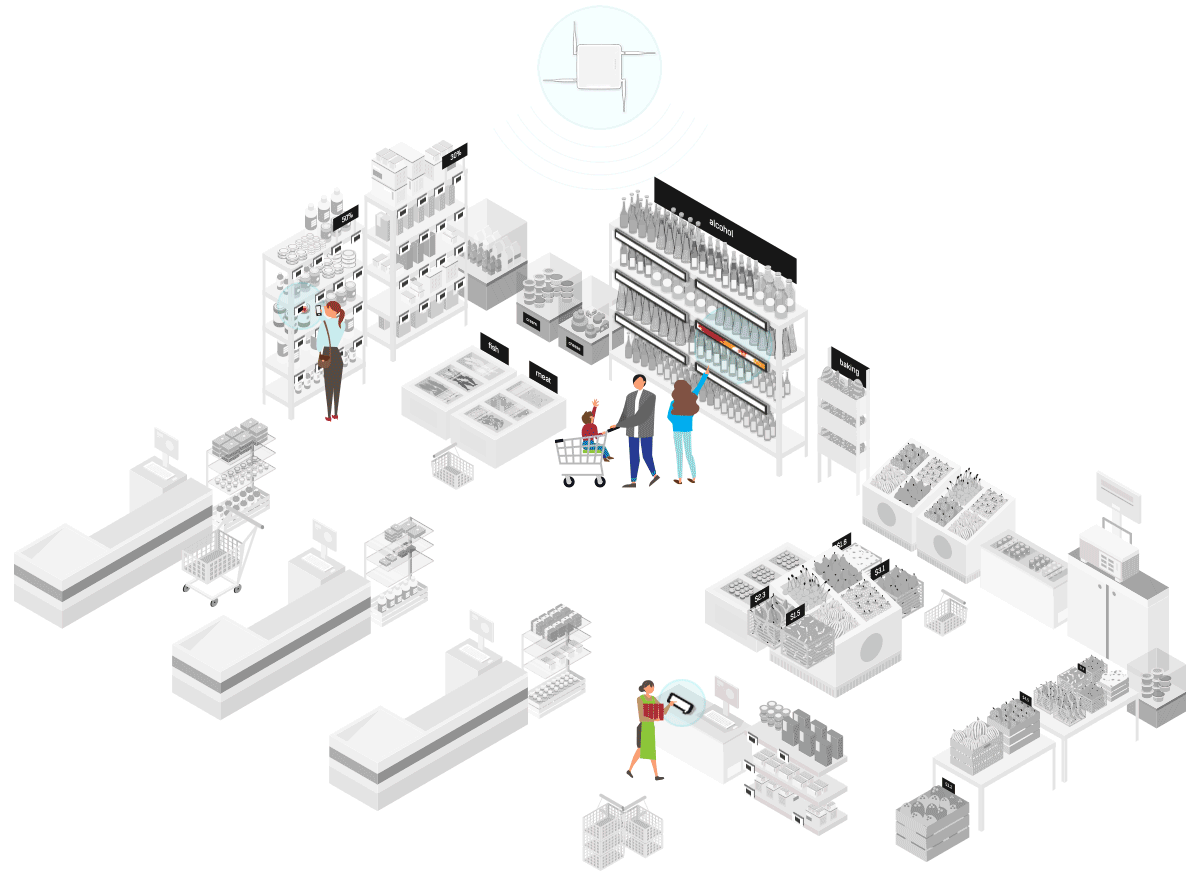
Retail success is not just about numbers but about changing with the times and offering the best customer experience. Smart retailers are, therefore, increasingly turning to automation solutions as a means through which they can attain these objectives.
This guide will take you through the various automation solutions that can take retailers to the next level in this rapidly changing landscape.
Exploring Cutting-Edge Automation Technologies

In the rapidly evolving landscape of retail, automation has emerged as a transformative force, revolutionising traditional processes and enhancing operational efficiency. As we delve into this exploration of cutting-edge automation technologies, we’ll see many solutions designed to elevate the customer experience, streamline workflows, and drive business growth.
From smart inventory management systems to seamless checkout experiences, join us in looking at the possibilities that automation holds for retailers seeking to stay ahead in a dynamic market. Let’s navigate the future of retail together in the next sections, where innovation and automation converge to redefine how we shop and how businesses grow.
1. Inventory Management Systems for Streamlining Operations
Retail success lies in an efficient inventory management system for retailers. For example, Amazon leverages advanced inventory management systems, employing real-time data analytics to minimise stockouts and overstock situations, ensuring optimal product availability, faster deliveries, and improved customer satisfaction.
With inventory management, retailers can eliminate guesswork and minimise human errors, streamlining their operations while reducing carrying costs and making products readily available when customers are ready to purchase.
2. Personalisation using Customer Relationship Management (CRM) Systems

According to Statista, the ROI ratio for CRMs may reach as high as $30 on an investment of $1. The core of a successful retail is understanding the customers. CRM systems raise customer insights a notch higher and automate the collection and analysis of data for personalisation.
The Indian retail industry can collect customer preferences, purchase history, and patterns of engagement to develop customised marketing initiatives, promotions, and product recommendations. In the long run, this translates into a customer base that’s more engaged and increases sales through the use of targeted marketing strategies.
3. Using Chatbots and Virtual Assistants to Boost Efficiency
According to another survey by Statista, a notable 21% of chief marketing officers and executives highlighted the pivotal role of artificial intelligence in enhancing online marketing. The survey underscored the widespread adoption and profitability of chatbots, elevating brand engagement through personalised experiences, and efficiently generating qualified leads.
This reinforced the growing recognition of chatbots as integral tools in the arsenal of businesses aiming to thrive in the digital landscape. However, the touch of humans is not lost either; instead, it is rechannelled towards the business’s more sophisticated and complex facets, hence striking a balance between automation and personalisation.
4. Supply Chain Optimisation for Agility

It is crucial to have a resilient supply chain to remain competitive in the retail industry. Amazon’s supply chain management integrates technology, data analytics, and logistics to streamline processes. With a focus on efficiency, it minimises costs, accelerates delivery speed, and enhances the overall customer experience.
The real-time tracking, demand forecasting, and automated processes within the supply chain eliminate delays and errors in delivering goods directly to shelves. This type of optimisation increases efficiency and allows retailers to respond to market changes and customer expectations quickly.
5. Automated Marketing Platforms and Strategic Marketing
Marketing needs to be data-driven in the digital age. Marketing automation systems in India use customer analytics and AI to reach out to defined customer groups in a personalised way.
These channels enable personalised email campaigns and targeted social media advertising that automates marketing messages. This retailing enables a retailer to access the right audience at the appropriate time, resulting in effective marketing efforts and customer engagement.
6. Futuristic Retail Using Smart Store Technologies

Smart store technology in India is leading in retail innovation. The smart shopping atmosphere becomes more interactive with smart shelves, beacons, and IoT devices.
Utilising smart store technology, Reliance optimises inventory with real-time tracking and automated processes, ensuring timely restocking and minimising errors. This enhances the shopping experience for customers.
Adopting these smart technologies makes retailers lead the pack in their line of trade, thus offering more than transactions for customers so as for the customers to fit shopping into their way of life.
Be the Better Retailer, Get The Automated Experience
Retail success depends on the intelligent use of automation in India. Through appropriate automation solutions for retailers, they can bring about efficiency in operations, improve customer experience, and lead competitors.
Automation should be viewed as a tool for driving growth rather than replacing the human touch. In other words, it will enable retailers to concentrate on their main goal of bringing value to their clients and remain competitive in the constantly changing retail arena.
Ready to revolutionise your retail operations and elevate your success with cutting-edge automation solutions? Discover the power of OgmentO – Your Partner in Retail Automation. Explore our transformative technologies and take the first step toward a more efficient, profitable future. Unleash the potential of automation for your retail business today.

